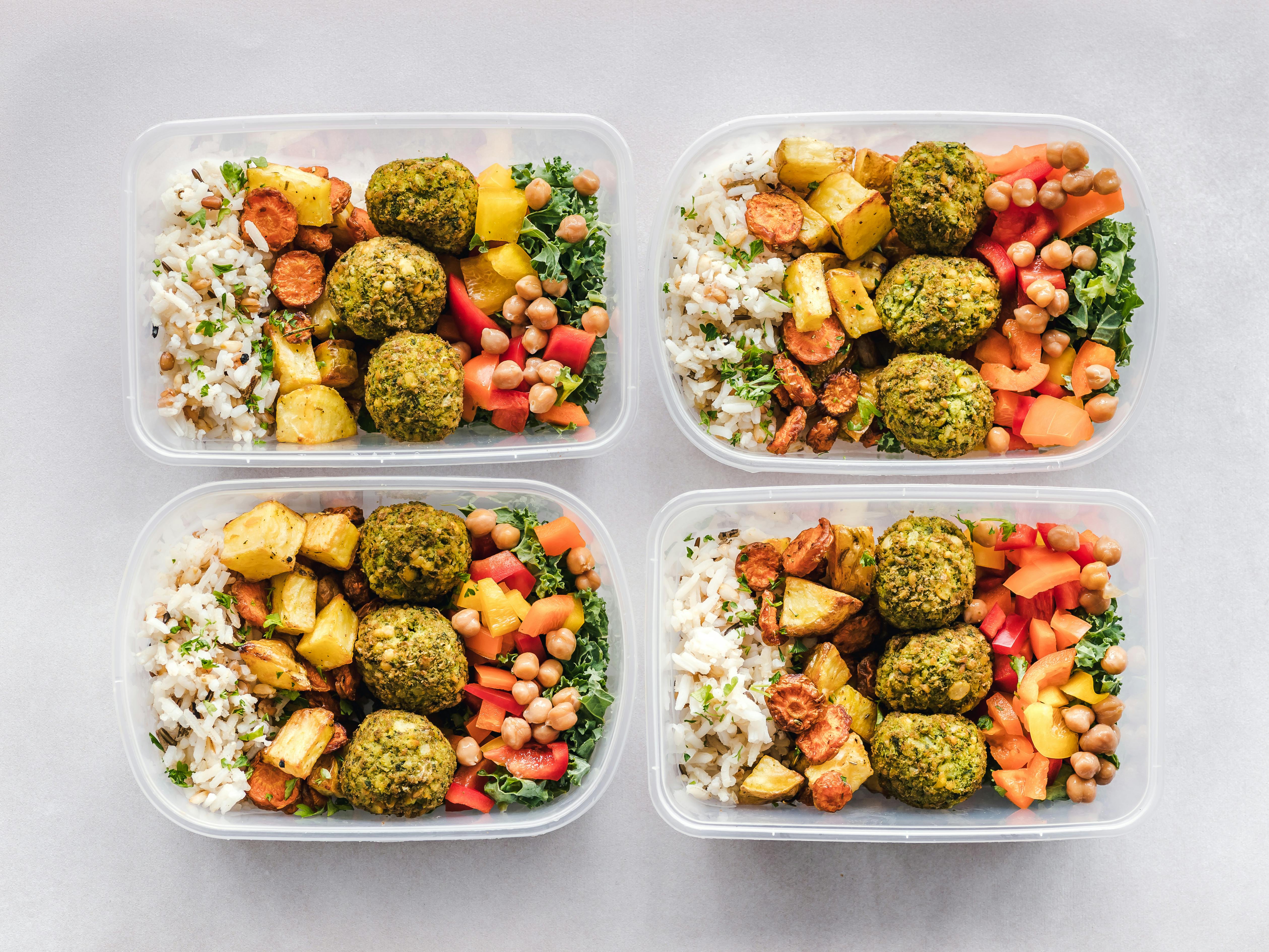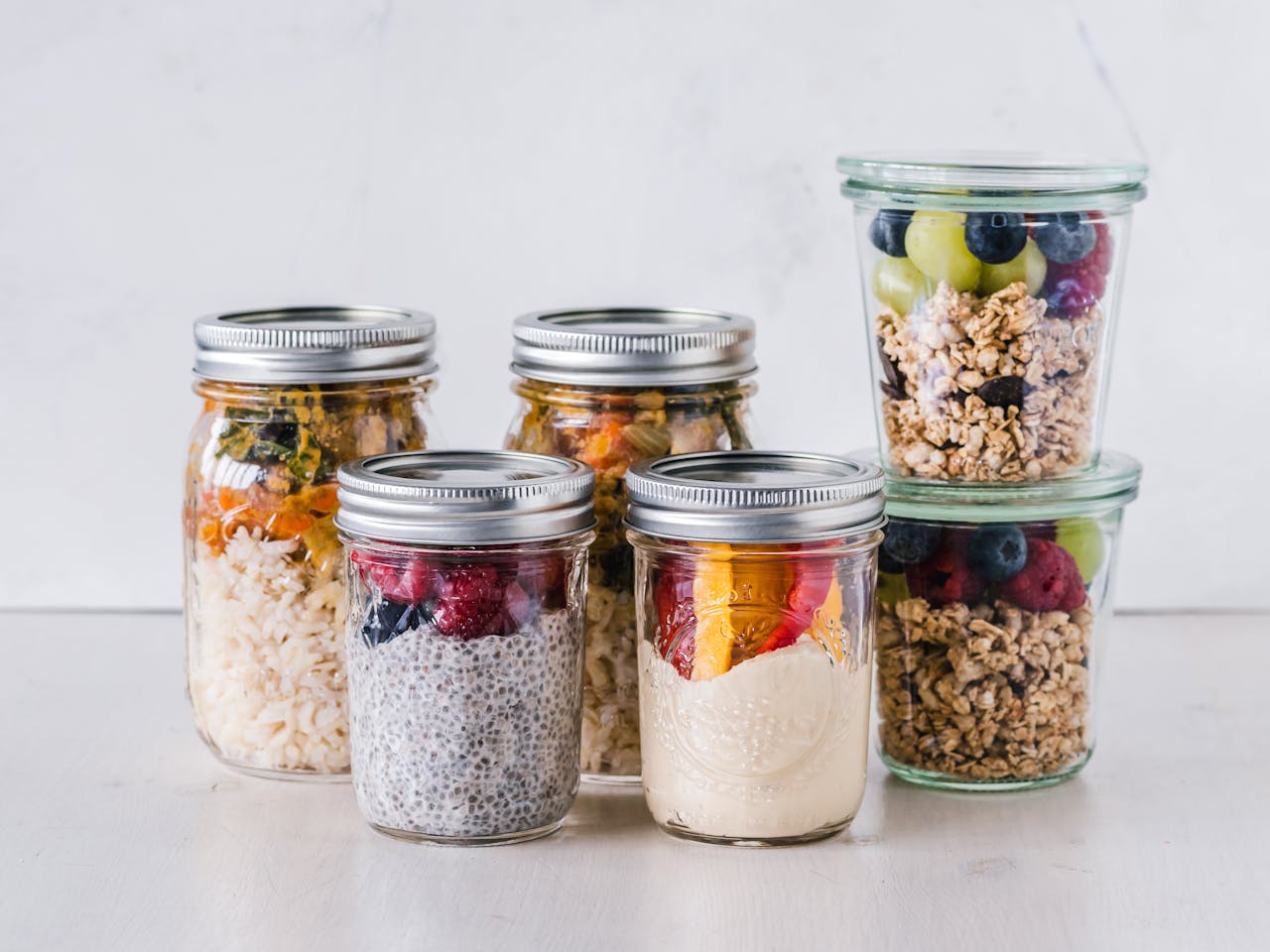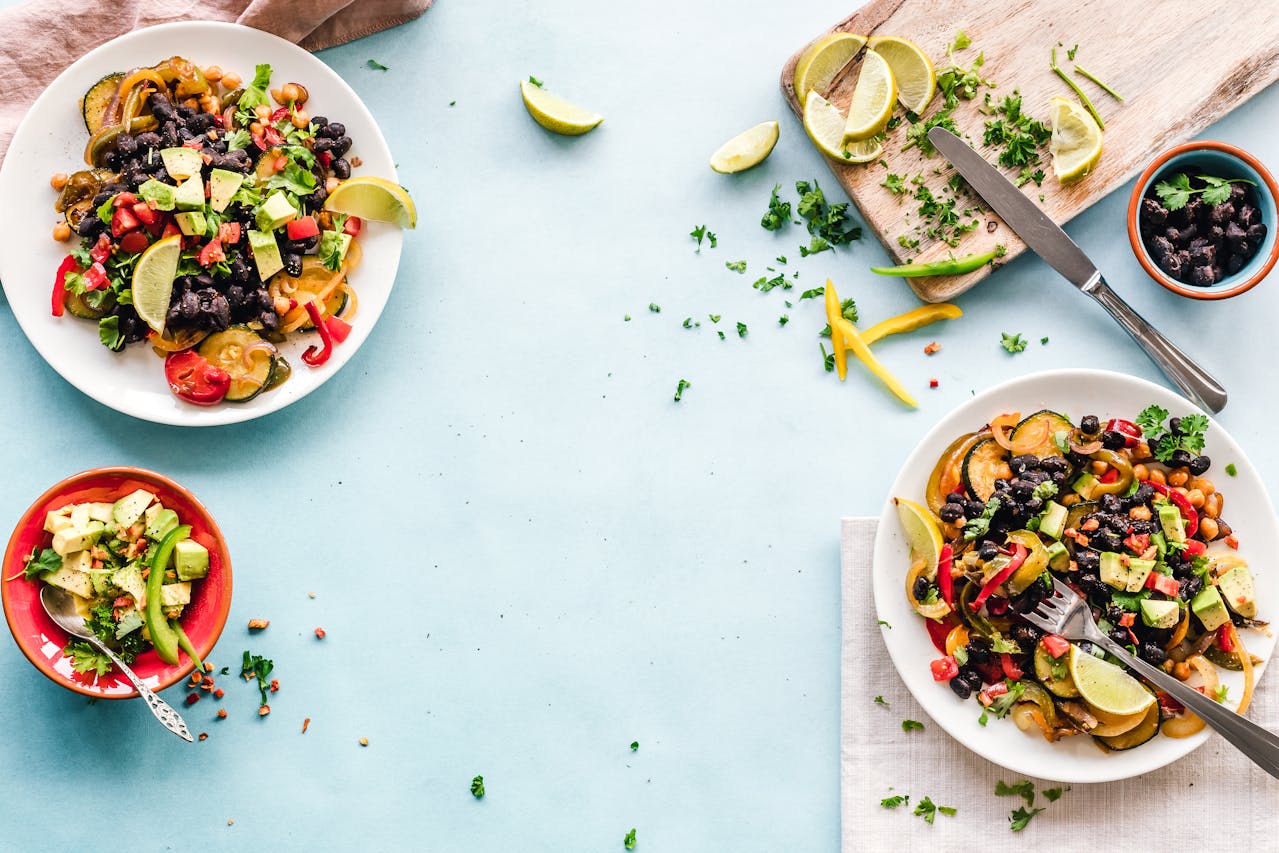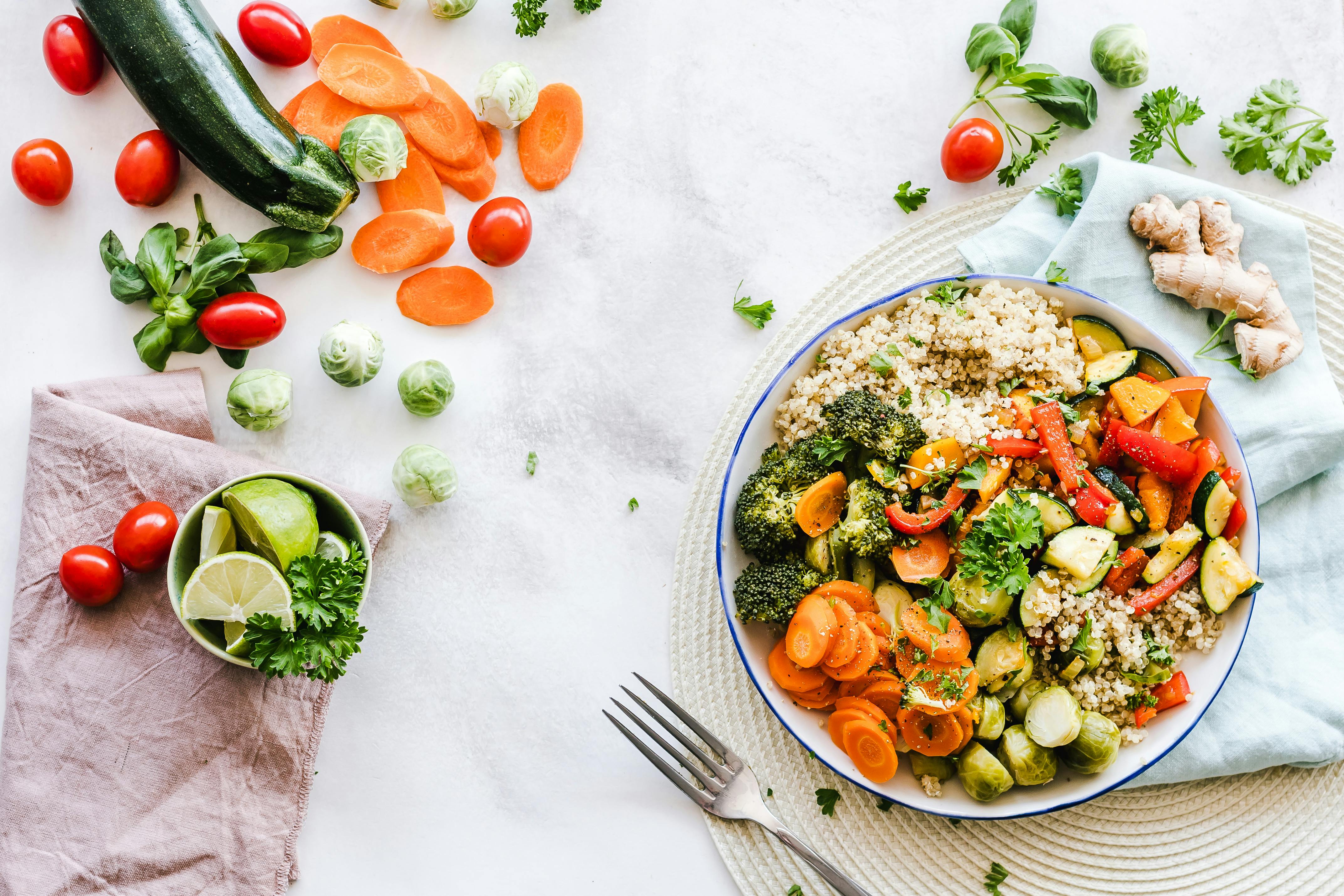In a fast-paced world filled with heavily processed goods, whole foods stand as a symbol of simplicity, purity, and nourishment. These foods remain as close to their natural state as possible—minimally processed, free from artificial additives, and rich in unaltered textures and flavors. Meals made with whole ingredients offer deep, satisfying flavors and contribute to both physical well-being and mental clarity. In this article, we’ll explore what whole foods are, their key benefits, and how to incorporate them effortlessly into your everyday diet.
What Are Whole Foods?
Whole foods are ingredients that have undergone little to no processing, retaining their natural structure and nutritional profile. This includes whole grains, legumes, fresh fruits and vegetables, seeds, nuts, and cold-pressed oils. Unlike refined versions, whole foods preserve fiber, vitamins, minerals, and essential plant compounds—offering a richer culinary and nutritional experience.
Nutritional Integrity and Natural Composition
One of the standout benefits of whole foods is their complete nutritional makeup. Unpolished grains maintain their fiber, B vitamins, and antioxidants. Nuts and seeds hold onto their healthy fats and trace minerals. Fruits and vegetables, especially when eaten with the skin, offer enhanced flavors and an extra boost of nutrients. Whole foods provide a naturally balanced composition that supports digestion, immunity, and overall vitality.
The Spectrum of Whole Foods
The variety of whole foods is truly vast. Think brown rice, whole wheat, quinoa, amaranth, and other ancient grains. Legumes such as lentils, chickpeas, mung beans, and black beans provide essential plant-based protein. Cold-pressed oils—from olive to flaxseed to pumpkin seed—bring flavor and nutrition. Don’t forget fiber-rich seeds like chia, flax, and sesame, as well as colorful vegetables like carrots, radishes, cabbage, and beets that remain vibrant and nutrient-dense in their raw form.
Culinary Potential and Creative Inspiration
Whole foods are the perfect foundation for creative cooking. Use whole grain flours to bake dense, aromatic breads and rustic pastries. Brown rice can be transformed into risottos, pilafs, or chilled grain salads. Legumes work beautifully in soups, veggie burgers, and spreads. Soaked or blended nuts and seeds become the base for sauces, energy balls, or creamy plant-based dressings. Even simple techniques like roasting or steaming bring out the complex natural flavors of whole ingredients.
Environmental and Economic Benefits
Choosing whole foods often supports sustainable farming practices. Minimal processing reduces energy consumption and packaging waste. It also helps protect soil health and biodiversity while decreasing the need for chemical inputs. Economically, many whole foods offer long shelf lives and excellent value, especially when bought in bulk. Supporting local producers further strengthens community-based agriculture and regional food systems.
Cultural and Traditional Importance
Across cultures, whole foods have long been at the heart of traditional diets. Whole grain porridges, lentil stews, and seasonal vegetables are staples in many cuisines—often linked to rituals, celebrations, and heritage. Dishes like couscous, polenta, and ancient grain flatbreads reflect centuries of culinary wisdom. Reintegrating these ingredients into modern meals allows us to reconnect with history while preserving time-honored recipes.
Sensory and Aesthetic Appeal
Whole foods delight not just the body, but the senses. Their textures—chewy grains, crunchy seeds, silky roasted vegetables—create a full sensory experience. Their natural colors, from the golden hue of wheat to the deep purple of beets, bring visual richness to any plate. The subtle, earthy aromas that emerge during cooking elevate meals into multi-layered expressions of taste and pleasure.
Tips for Selecting and Storing Whole Foods
To maintain freshness and nutritional value, store whole grains and legumes in airtight containers in a cool, dry place. Refrigerate or freeze nuts and seeds to preserve their oils and prevent spoilage. Use fresh produce in season, and store in breathable bags or containers with ventilation to extend shelf life. A well-organized pantry makes it easier to plan meals and reduces waste.
Looking Ahead: Whole Foods for a Better Future
Embracing whole foods isn’t just about health—it’s a commitment to sustainability, mindfulness, and cultural continuity. By prioritizing unprocessed, nutrient-rich ingredients, we nourish both our bodies and our environment. Supporting ethical agriculture, exploring heritage recipes, and creating meals rooted in real food helps build a more balanced, resilient food future for generations to come.
Conclusion
Whole foods aren’t a passing trend—they represent a deeper philosophy of eating rooted in respect for nature and well-being. Their simplicity unlocks rich flavors, diverse textures, and a satisfying connection to what’s real. By integrating whole grains, legumes, seeds, nuts, and fresh produce into your routine, you’ll discover endless inspiration in the kitchen while contributing to a more conscious, grounded lifestyle. Let every meal celebrate the beauty of natural ingredients and the joy of nourishing your body with intention.

 10 Powerful Superfoods to Naturally Strengthen Your Immune
System
10 Powerful Superfoods to Naturally Strengthen Your Immune
System

 Your Complete Roadmap to Balanced Eating for Daily Wellness
Your Complete Roadmap to Balanced Eating for Daily Wellness

 Mastering Food Labels: A Smarter Way to Choose What You Eat
Mastering Food Labels: A Smarter Way to Choose What You Eat

 Easy and Wholesome Plant-Based Recipes for New Cooks
Easy and Wholesome Plant-Based Recipes for New Cooks


Alexander Cooper